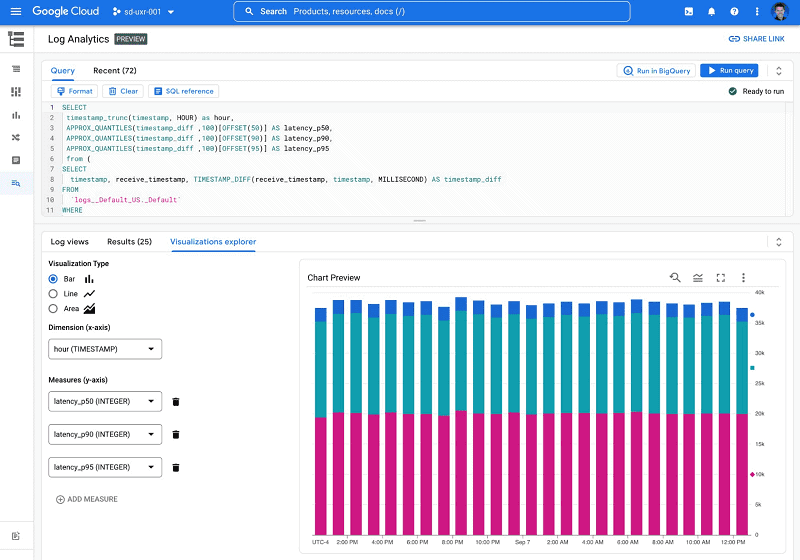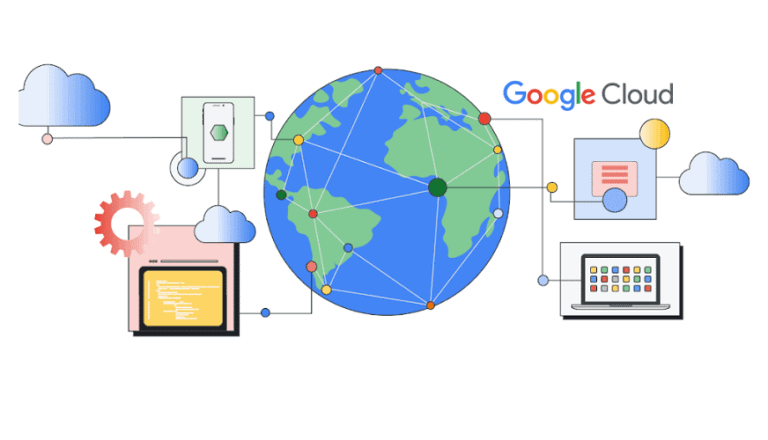Google Cloud introduced additional analytics capabilities for BigQuery. In addition, the public cloud platform is getting new security functionality.
Most of the analytics updates focus on BigQuery, a managed data warehouse. The newly-introduced Analytics Hub makes it easier for BigQuery users to share data with one another. Users can exchange fully managed internal and external data securely and reliably. The data shared through the platform becomes available in a central library where users can quickly find business records.
Pub/Sub has also been released. This service allows users to load data from external systems into BigQuery. Previously, users had to develop dedicated workflows to do so themselves. Google added a pre-packaged workflow to Pub/Sub to reduce dependence on developers. In addition, the service should bring down the cost of cloud usage, as users now no longer have to pay for streaming data ingestion into BigQuery.
Other new features
To manage data in BigQuery that resides in distributed environments, Google Cloud is making BigLake generally available. The storage engine helps manage data warehouses and data lakes.
In addition, the storage solution allows users to secure business information and accelerate analytics queries. BigLake focuses on open file formats, meaning the storage engine works in both Google’s cloud environment and other public cloud environments.
Furthermore, the Log Analytics service is coming to BigQuery’s Cloud Logging solution. The built-in service should speed up log analysis and give users deeper insights into their logging data.
The service uses soon-to-be-launched BigQuery functionality for analytics on logs, including search indexes, a JSON data type and the Storage Write API. The service will be added to Cloud Logging for free, and is thus included in the fees that customers pay for the latter services.

New security updates
In addition to analytics services, Google Cloud is rolling out new security enhancements. The updates include the Container Scanning API, which is capable of checking customers’ containers for software vulnerabilities.
The update allows the tool to scan code written in the Go programming language for vulnerabilities. In addition, it’s now possible to detect vulnerabilities in Java code files processed through Maven, a popular open-source application development platform.
Other security updates involve the tech giant’s Cloud Firewall services. The services are getting feature Tags, which make it easier for security experts to associate security rules with cloud resources. Furthermore, Network Firewall Policies are being introduced, making it easier for administrators to manage the firewall configurations of cloud environments.
